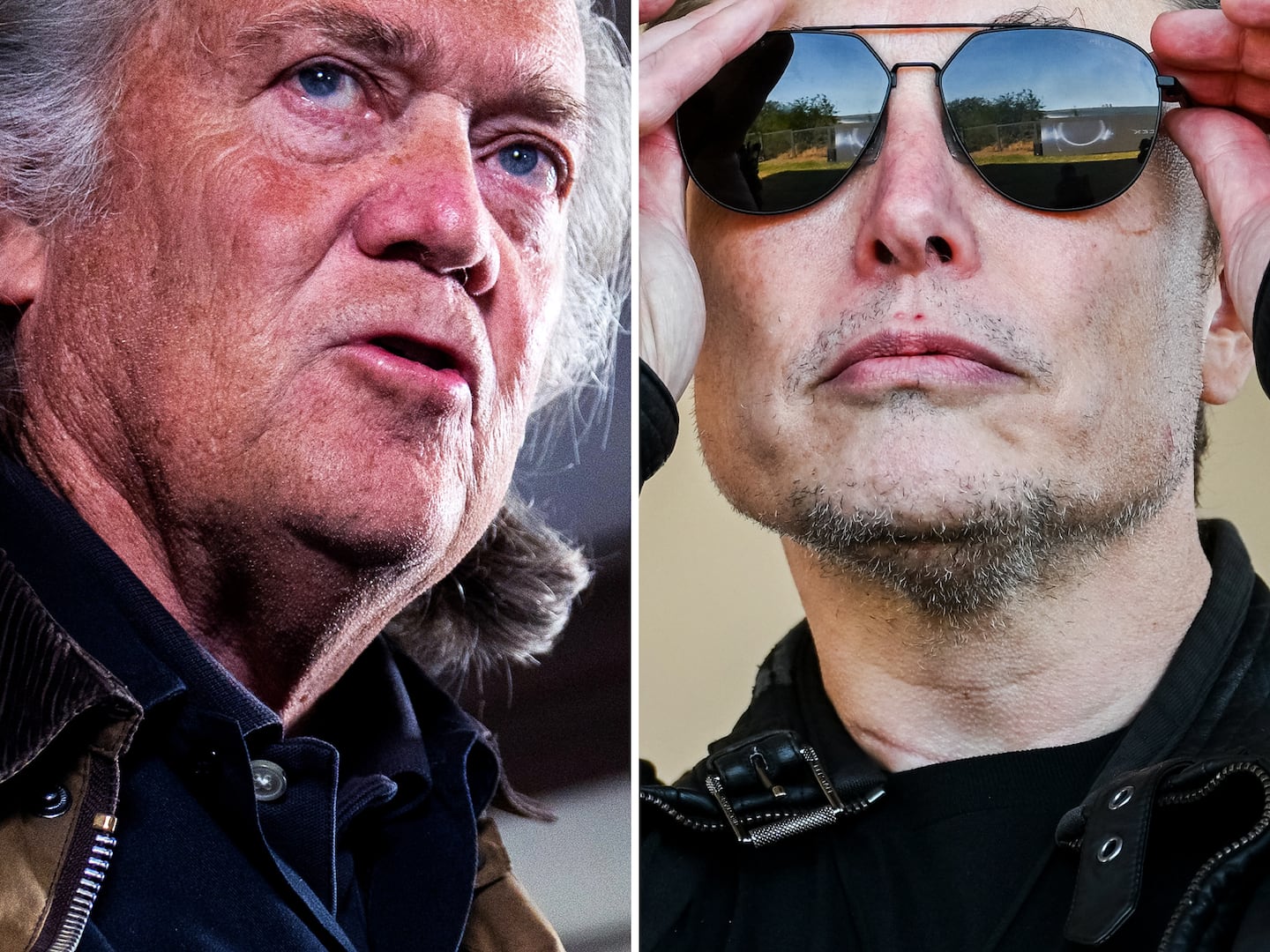Crime & Justice
Photo Illustration by The Daily Beast/Photos Getty Images
‘We’re F*cked’: Cops Freak Out Over Plan to Punish Bad Apples
‘SCARE TACTICS’
In a city with a long history of horrific police violence, a new system to put citizens in charge is on the ballot—and drawing a furious backlash.

Trending Now




